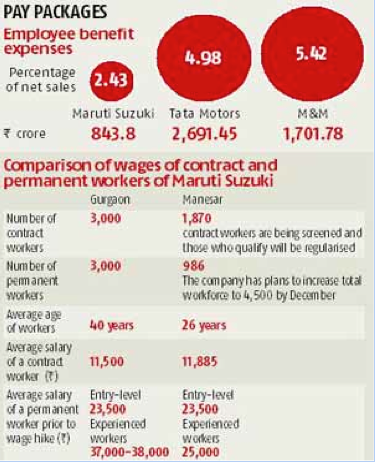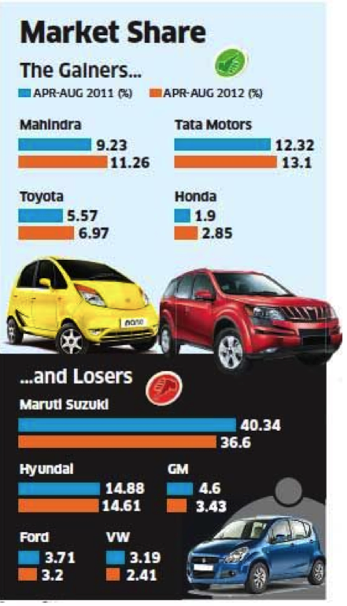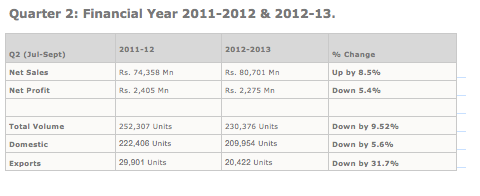In October, Apple launched one of its most innovative iPhone designs yet: the iPhone 5S. The long-awaited release was a great success and customers lined up hours prior to the release to get their hands on the device. However, Apple’s supply of the handset was quickly depleted at both online and local Apple Stores, a trend that continued as sales of the phone rolled out around the world. Apple greatly under estimated the demand for the new iPhones 5S. One of the speculated reasons is because of its simultaneous release with the iPhone 5c. Could this have harmed Apple? Could they have earned more revenue from an extra supply of iPhone’s? Could they have lost potential customers who would have switched to other alternatives?
The answer to all these questions is YES! Had Apple correctly estimated the level of demand, they could potentially have gained greater revenue while also satisfying more customers. Moreover, customers would not have been inclined to wait long periods of time for products, which consequently shifted preferences to Samsung and HTC. Had Apple done correct market research, they could have gained from potential sales revenue and satisfied more customers.




Recent Comments